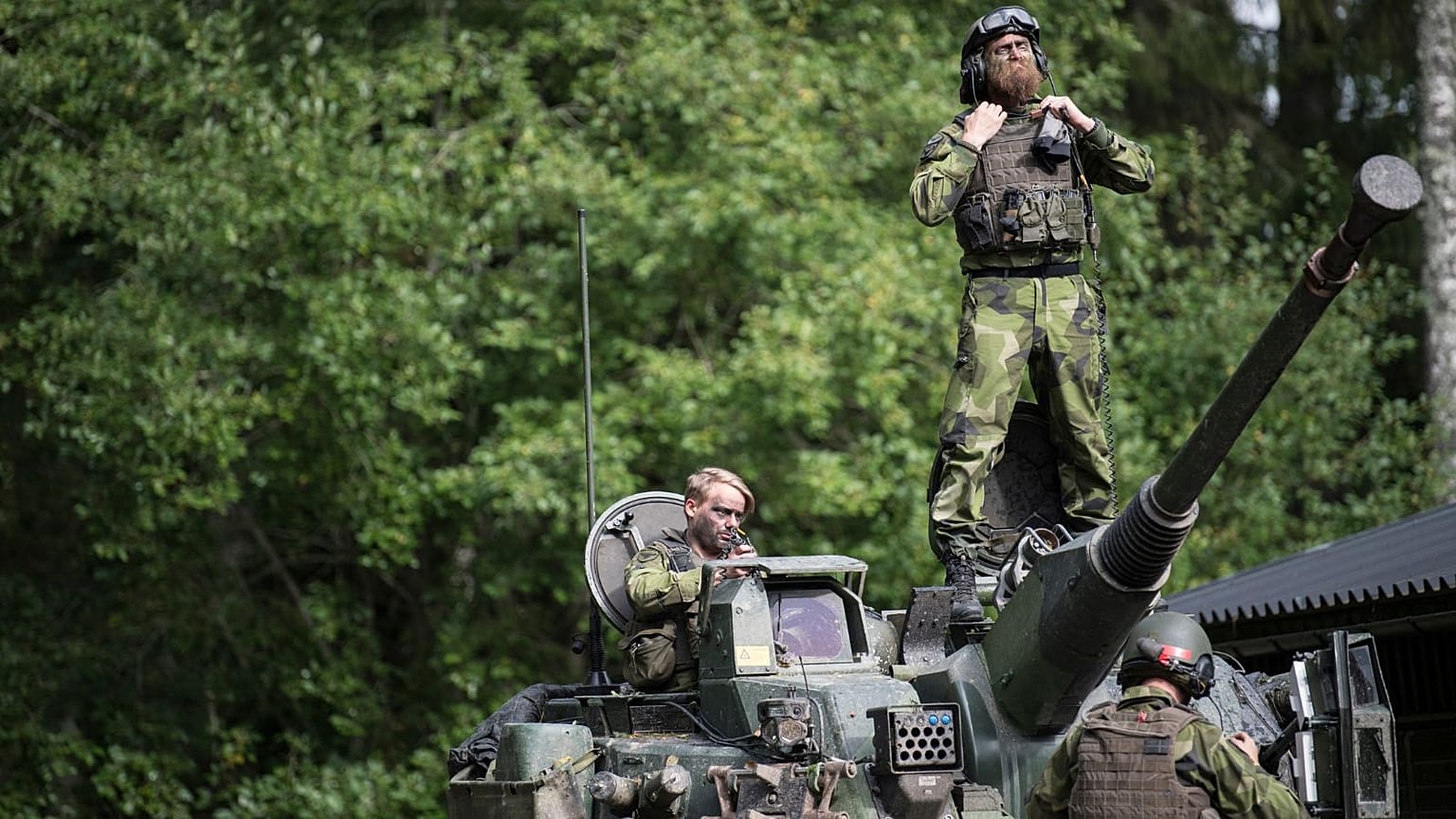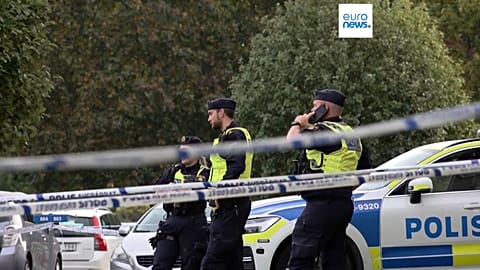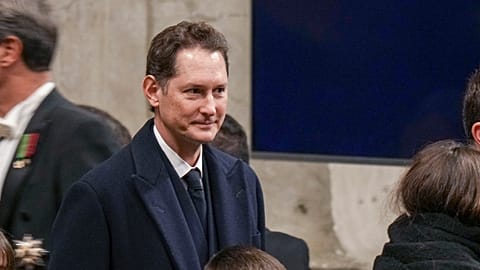The country's defence minister said it faced the "most serious security policy situation since the end of World War II".
The Swedish government has said it wants to increase its defence budget by 28%.
This would put it on track to reach the military spending target of 2% of gross domestic product set by the NATO alliance, which the Scandinavian country is preparing to join.
“We are in the most serious security policy situation since the end of World War II, which requires Sweden to have a defence that is ready to protect Swedish territory,” defence minister Pål Jonson said.
Unveiling a defence bill for 2024, Sweden’s centre-right coalition government said military spending would increase by a total of 27 billion kronor ($2.4 billion).
Of that amount, approximately 700 million kronor ($63 million) will be spent on Sweden’s future membership of NATO.
Jonson said Sweden must adapt its preparedness, with military exercises that prepare for NATO membership, while also continuing its support for Ukraine.
In May last year, Sweden — and neighbouring Finland — launched bids to join the US-led military alliance after Russia invaded Ukraine.
Sweden, which abandoned a long history of military nonalignment, is still waiting to become the 32nd member of the alliance. Finland joined earlier this year.
New entries must be approved by all existing members, but Turkey has so far refused to ratify Sweden's application. Ankara said this was because Sweden was refusing to extradite dozens of people suspected of links to Kurdish militant organisations.
Some commentators claim Turkish President Recep Tayyip Erdoğan is using the situation to target his political opponents and impinge on Sweden's sovereignty.
Turkey has also criticised a series of demonstrations in both Sweden and Denmark where the Quran, Islam's holy book, was burned.
At a NATO summit in Vilnius in July, Turkey’s President Recep Tayyip Erdogan said Turkey would drop its objection to Sweden's membership, after more than a year of blocking it.
Yet, the Turkish parliament must still ratify the application, as must Hungary.
The three-party Swedish government consists of the conservative Moderates, the Christian Democrats and the Liberals.
They have a majority in the Swedish parliament with the help of the Sweden Democrats, a far-right party that has entered the political mainstream after years of being treated as a pariah by the other parties.


















